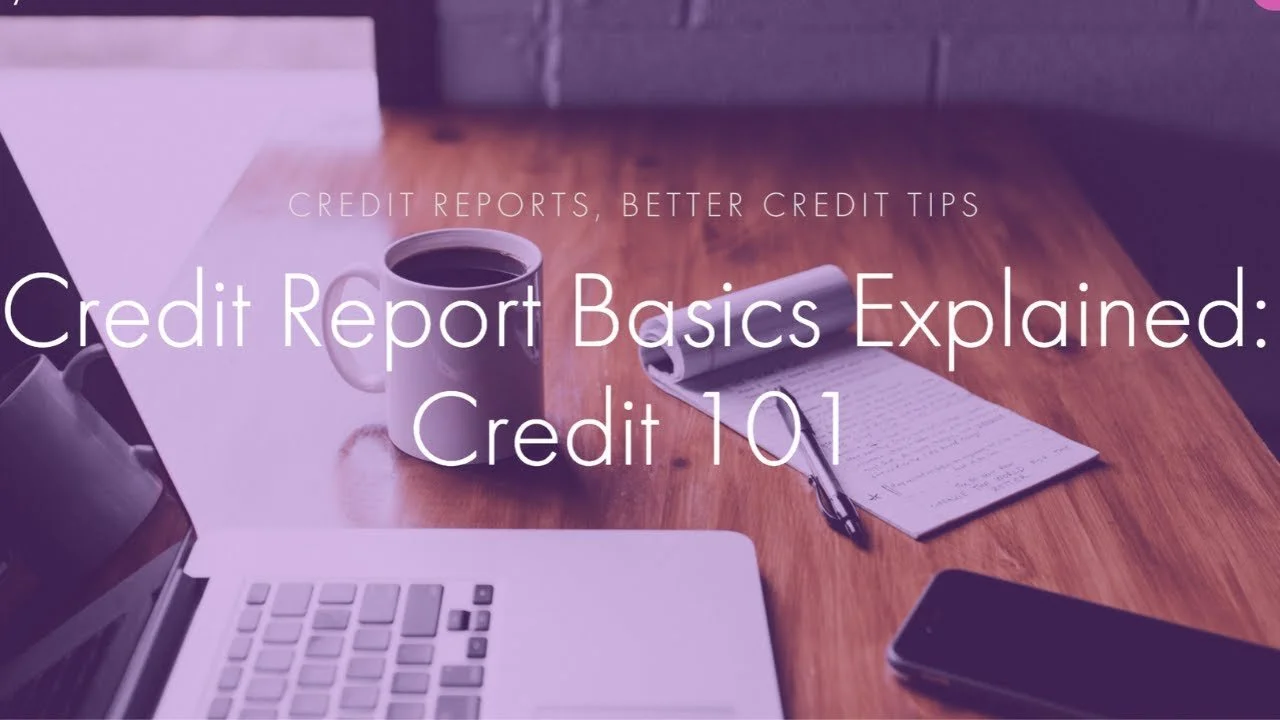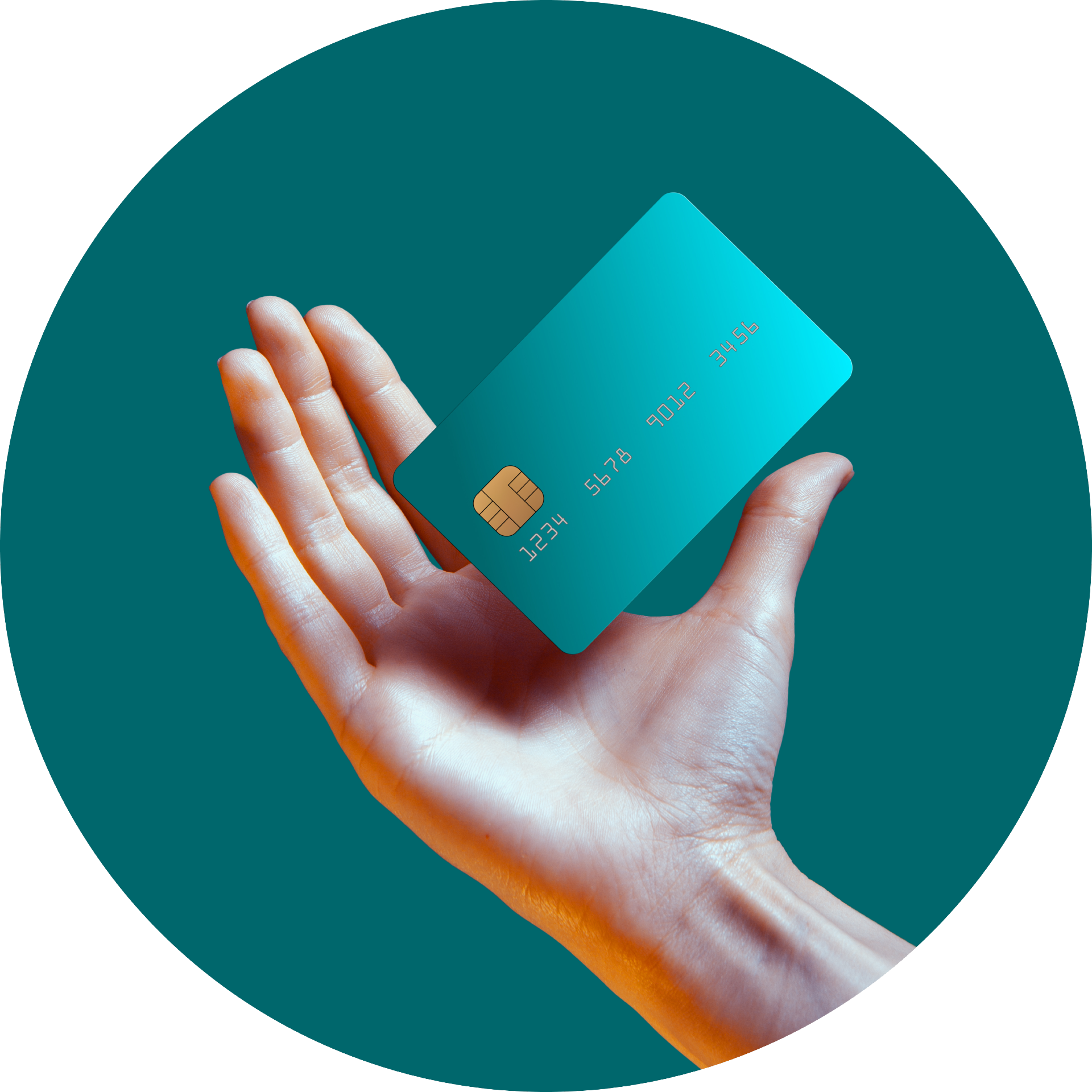How To Improve A Credit Score In 30 Days Without Credit Repair
Your credit, including your credit score, is hard to protect and relatively easy to ruin. It takes consistent work to achieve an excellent credit score. However, just a few late or missed payments can bring your credit score down. When you have a low credit score, it impacts just about everything you want to do, including getting a mortgage, insurance, and in some cases, a job.
Improve Your Credit Score In 30 Days
There is good news, though. It is always possible to improve your credit score. It does take consistent work on your part, but it is possible without credit repair. Continue reading to find out more about how to improve a credit score in 30 days.
Pull Your Credit Report
If you want to know how to improve a credit score in 30 days, you first have to know what it is. You want to get the credit report and review it thoroughly:
You are eligible to get a free copy of your credit report from each credit bureau every year.
First, you want to make sure everything on your credit report, name, address, phone number is correct.
Then, you want to determine which accounts are in a negative status and highlight them. You also want to take note of anything that is inaccurate on your credit report.
If anything is incorrect on it, you wish to dispute the item. If you provide documentation that the items are incorrect, the credit bureau must remove them. You can dispute your credit report them online, via phone, or by mail. This can help to improve your credit score.
Employ a Strategy
When thinking about how to improve a credit score in 30 days, you should consider putting together a strategy to focus your efforts where they will provide you the most significant impact. Not only is it important to pay your credit cards timely, but it also helps if you are strategic about when you pay them.
Your credit utilization impacts your credit score. This is how much of your allowable credit you are using. You want your credit utilization below 30 percent.
Here is an example:
If your credit limit is $10,000, 30 percent of that is $3,000. That means you want to keep your available credit greater than $7,000 and your utilization less than $3,000. Your credit cards report your credit information to the credit bureaus at the end of your billing cycle. Therefore, it is best to pay down as much as you can before your billing cycle ends. You can make several payments throughout the month but ideally, have your utilization less than 30 percent right before the billing cycle ends. This will improve your credit score.
Make Payments On Time
One of the best ways to improve your credit quickly is to make your accounts current. If you have any overdue or past due accounts, get them current. Once you do that, make sure that you pay all your bills on time and in the proper amount.
If you know that a payment is going to be late, contact the creditor and tell them you will make the payment and by what date. Also, ask if they would consider not reporting the late payment to the credit bureau. This can go a long way to help improve your credit and credit score.
When you have a history of paying your bills on time, that has the most significant impact on your credit score.
Authorized User
If you have a friend or relative that had a high credit limit and has an extensive history of great credit and making payments on time, you can ask if they are agreeable to adding you as an authorized user on their account. If the individual has a high credit limit, that can help your rate of utilization.
You do not have to actually use the card or even know the account number. Just having you added as an authorized user can help improve your credit score. This is ideal if you have new credit because this can help you build your credit.
Higher Credit Limit
While it may seem counterintuitive, asking your credit card company for a higher balance can improve your credit score. As your credit limit increases but your balance remains the same or lower, it decreases your credit utilization. If you have a higher income or improved credit usage, the chances of getting a higher limit are better.
The critical piece to this is that you do not spend more on your credit card because you have a higher limit.
Accounts In Collections
If you have accounts in collections, it is a difficult place to be. If you have accounts in collections, you can be sued for the money you owe. That means the possibility of you having to go to court. When you have an account in collections, it is a terrible hit to your credit score.
Pay for delete
It is also incredibly stressful for you. You should contact the creditor and make arrangements to pay the debt. The key part of this is when you and the creditor come to an agreement; you need the creditor to remove the debt collection from your credit report. This is called pay for delete. It means that the collection company will delete the collections account from your credit report.
If it remains on your credit report, it will continue to be a negative mark until it is removed. Some collections companies will require you to pay the entire debt instead of a compromise, to remove it from your credit report.
Understand How Credit Works
Maintaining good credit is something that you will always have to work towards. This includes having good financial habits. In order to preserve a high credit score, you must understand credit and how it works:
These all are critical components of your credit score.
Earlier in the article, credit utilization was mentioned, which is an essential factor in determining a credit score.
Having accounts in good standing is also vital. That means you must pay all bills on time and in the proper amount.
The amount of revolving credit you have impacts your credit score.
As does your debt to income ratio. This is the ratio between your amount of debt and how much money you earn.
Need More Help?
Understanding your credit and how it works may feel confusing to you. The Goalry mall has all the answers you need. We are a website full of helpful information about credit reports, credit scores, and budgeting. In addition, we have articles, videos, and blogs that provide you with a wealth of understandable knowledge. You do not have to walk this journey alone. Check out the Goalry Mall for help.
Reach Your Financial Goals with the Creditry Store.
Conclusion
As you have read, there are some easy steps you can take to improve your credit score in 30 days. The key is to create good habits that you can maintain. If you can create those habits now, you will see your financial outlook brighten as your credit score goes up.












